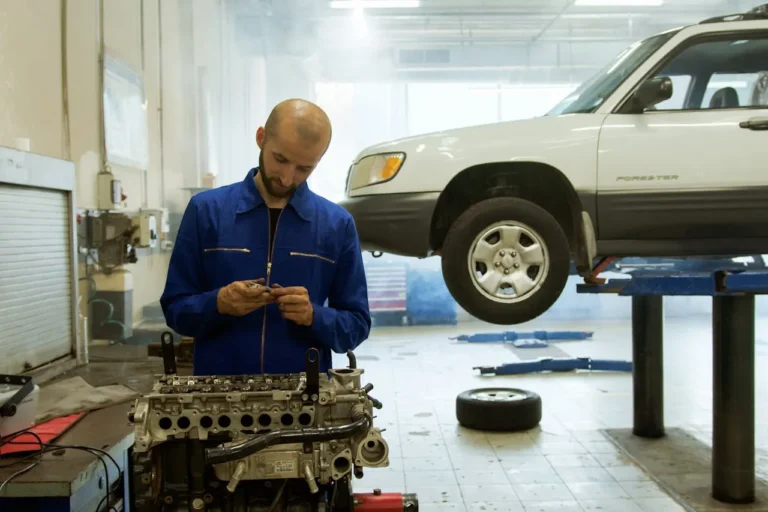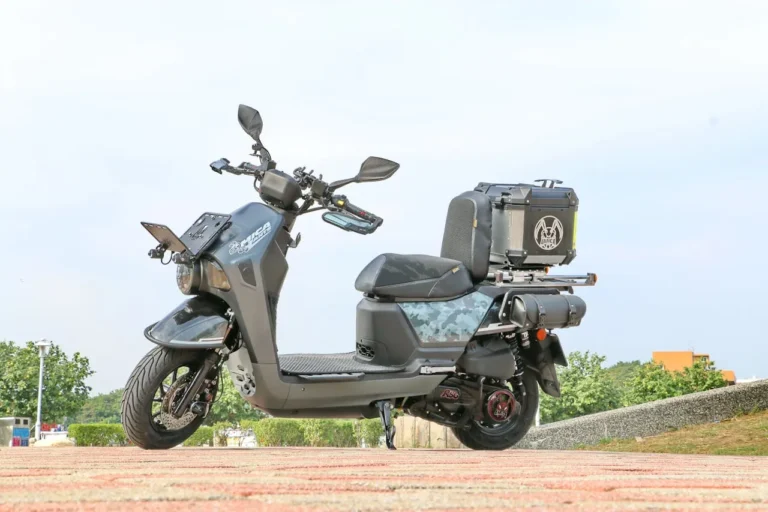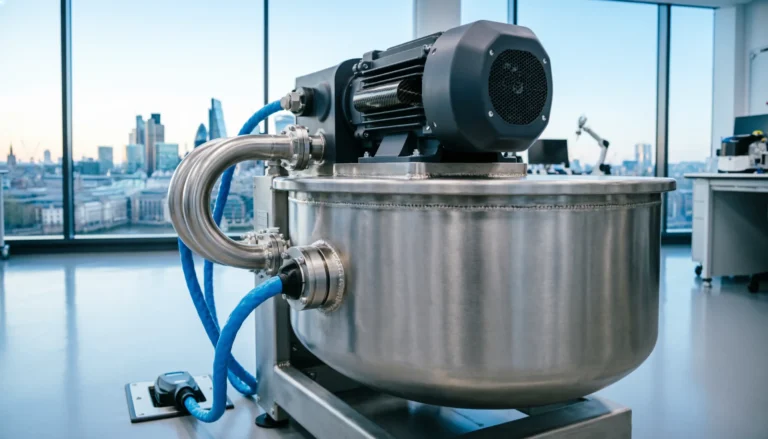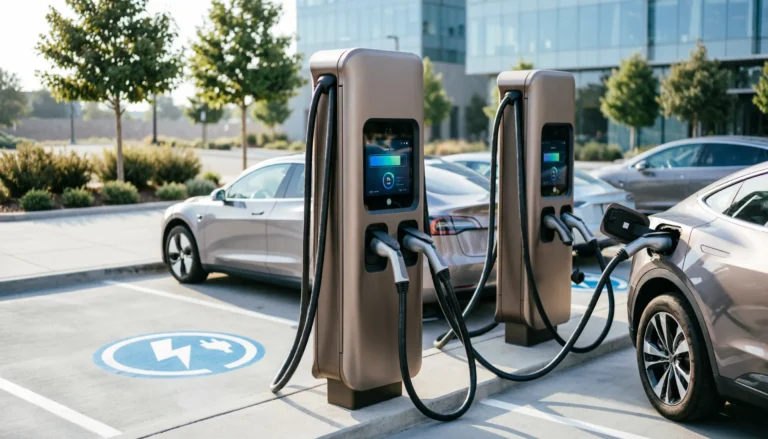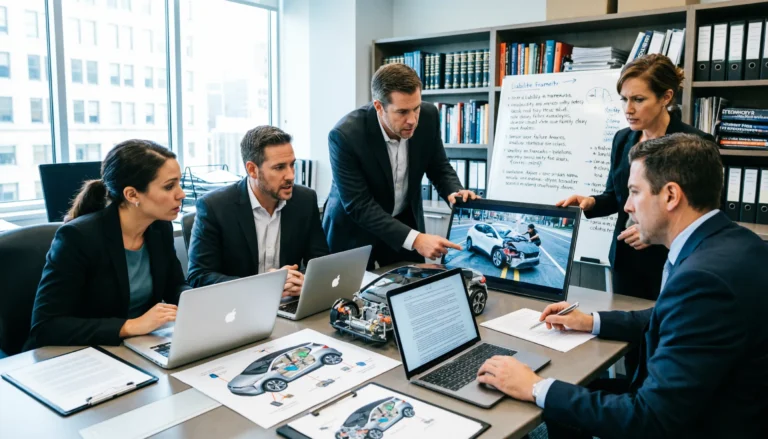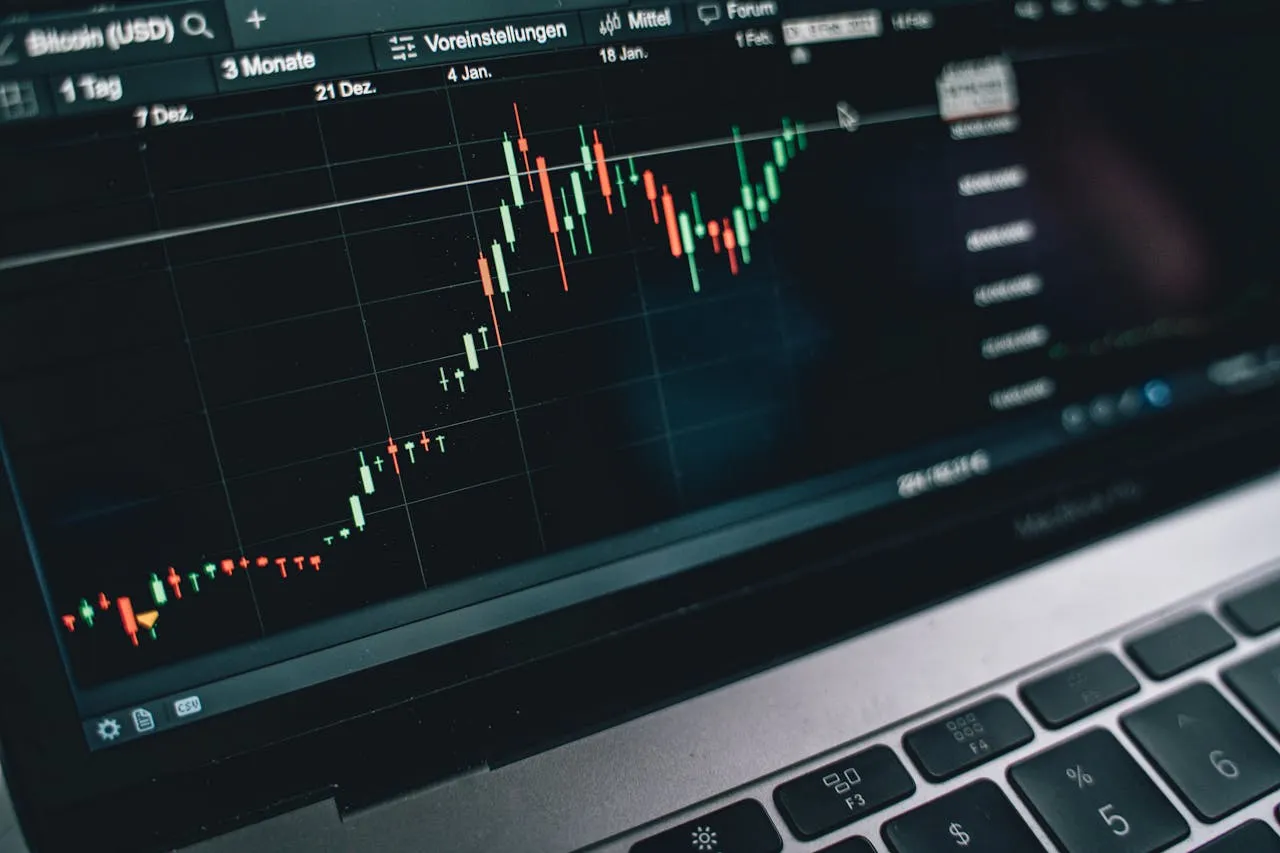
Europe Electric Vehicle Battery Testing, Inspection, and Certification Market (2024–2034): AI, Regulations, and Gigafactory Labs Fuel Rapid Growth
The European electric vehicle (EV) battery testing, inspection, and certification (TIC) market is poised for rapid expansion, projected to grow from $410.9 million in 2024 to an impressive $2.21 billion by 2034, representing a strong compound annual growth rate (CAGR) of 18.33%. This surge is driven by a combination of stringent EU regulations, a robust push for EV adoption, technological advancements, and a growing emphasis on battery safety, sustainability, and performance assurance.
Market Growth Drivers
At the core of this market expansion are several critical forces:
- Regulatory Pressure: The European Union has introduced a range of strict guidelines through frameworks such as the EU Battery Regulation, UN 38.3, and CE marking. These mandates enforce rigorous testing protocols, including environmental stress testing, abuse scenarios like thermal runaway and short circuits, lifecycle analysis, and performance validation at the cell and pack levels.
- EV Adoption: As Europe accelerates its transition toward electrification, automotive OEMs and Tier 1 suppliers are investing heavily in TIC services to ensure their batteries meet safety and compliance standards. This trend is especially prominent in countries like Germany, France, the UK, and Sweden, where EV sales are rising steadily.
- Technological Innovation: Advanced testing methodologies such as AI-powered diagnostics, digital twin simulation, high-throughput automated test benches, and precision calorimetry are revolutionizing the battery TIC landscape. These tools enhance testing accuracy, reduce turnaround time, and optimize cost efficiency.
- Gigafactory Infrastructure: Europe’s push for battery sovereignty has catalyzed the emergence of gigafactories with on-site testing labs. These facilities enable in-house compliance checks and reduce reliance on third-party testing partners, minimizing logistics bottlenecks and meeting aggressive approval timelines.
Services Landscape
The EV battery TIC market in Europe spans three primary service domains:
1. Testing
- Performance & Durability Testing: Ensures consistent output and degradation rates under varying conditions.
- Electrical & Thermal Testing: Assesses resistance, short-circuit potential, and heat tolerance.
- Abuse and Crash Testing: Simulates mechanical, chemical, and thermal abuse to evaluate failure modes.
- Non-Destructive Testing (NDT): Employs advanced imaging and analysis without damaging battery components.
2. Inspection
- Includes visual checks, safety assessments, and in-line quality control processes throughout the production lifecycle.
3. Certification
- Product Certifications: Including ISO and IEC standards.
- Safety, Environmental, and Regulatory Compliance: Covers RoHS, WEEE, CE, and other regional standards, ensuring batteries are safe, recyclable, and legally marketable.
Technology Trends
The report identifies key technological enablers that are shaping the future of battery testing:
- AI and Machine Learning: Enable predictive failure analysis and automated decision-making in test environments.
- Digital Twins: Simulate battery performance across variables like temperature, voltage, and cycle count, reducing physical testing requirements.
- Automation & Robotics: Enhance throughput, minimize human error, and streamline repetitive inspection tasks.
- Blockchain Integration: Supports transparent record-keeping for certification and testing histories, critical for cross-border compliance.
- Next-Gen Material Testing: Targets solid-state, LFP, and NMC chemistries with new testing regimens for thermal and chemical properties.
Key Market Challenges
Despite the positive trajectory, the industry faces notable hurdles:
- High Capital Investment: Cutting-edge test rigs and simulation platforms require significant upfront costs.
- Workforce Shortage: There’s a growing demand for trained engineers and lab technicians with specialized TIC skills.
- Evolving Standards: Continuous updates to regulations require frequent recalibration of test methodologies and re-certifications.
- Fragmented Accreditation: Variability in national standards and data governance rules complicate unified service delivery across borders.
- Second-Life Battery Complexity: The lack of mature certification frameworks for repurposed and recycled batteries impedes circular economy goals.
Regional Insights
A country-level analysis reveals regional dynamics:
- Germany: Leads in EV production and has a mature TIC infrastructure supported by global players like TUV SUD and DEKRA.
- France and the UK: Show strong policy support and investment in both EV rollout and battery R&D.
- Spain, Sweden, Poland: Emerging as key testing and manufacturing hubs, backed by EU funding and green industrial policies.
- Rest of Europe: Includes smaller markets with niche testing capabilities, often serving local OEMs or battery startups.
Strategic Value of the Report
This comprehensive study offers significant value to automotive and battery stakeholders:
- Market Forecasting: Provides detailed projections and identifies key growth pockets across segments, including vehicle type, battery chemistry, propulsion type, service type, and sourcing model.
- Competitive Benchmarking: Offers profiles and strategic insights on major players like SGS, Intertek, Bureau Veritas, Applus+, VDE Renewables, and TUV Rheinland.
- Regulatory Insights: Maps the evolving legal and compliance landscape, enabling proactive business planning.
- Supply Chain Mapping: Clarifies roles across raw material testing, battery integration, TIC providers, and OEM end-users.
- Innovation Roadmapping: Tracks R&D trends, patent activity, and emerging technologies such as wireless battery testing and fast-charging abuse simulations.
Competitive Landscape
Major players dominate the European TIC market through global networks, regional labs, and accreditation partnerships:
- DEKRA SE
- TUV SUD
- SGS Société Générale de Surveillance SA
- Applus+
- Bureau Veritas
- Intertek Group plc
- TUV Rheinland
- VDE Renewables GmbH
- TUV NORD GROUP
- DNV GL
- Element Materials Technology
These companies are continuously expanding their EV-related testing capabilities through joint ventures, new lab construction near gigafactories, and adoption of automated, digital-first systems.
As Europe targets battery sovereignty and clean mobility leadership, the EV battery TIC market will continue to evolve rapidly:
- Circular Economy Integration: The rise of second-life applications and recycling facilities will demand robust repurposing certification, state-of-health diagnostics, and traceability frameworks.
- Gigafactory-Lab Synergy: A shift toward embedded labs within manufacturing ecosystems will reduce testing cycle time and enhance end-to-end quality assurance.
- Green Testing Protocols: Sustainability will shape testing methods themselves—driving energy-efficient test benches, lower-carbon certifications, and greener lab operations.
The European EV battery testing, inspection, and certification market is a critical enabler of the region’s electrification goals. With the interplay of regulatory rigor, advanced technology, and EV expansion, the sector is entering a high-growth phase. For OEMs, TIC providers, and battery manufacturers, staying aligned with evolving testing demands and compliance frameworks is key to thriving in this dynamic landscape. By leveraging the insights from this detailed report, stakeholders can anticipate regulatory shifts, optimize testing strategies, and capture new growth opportunities through 2034.


